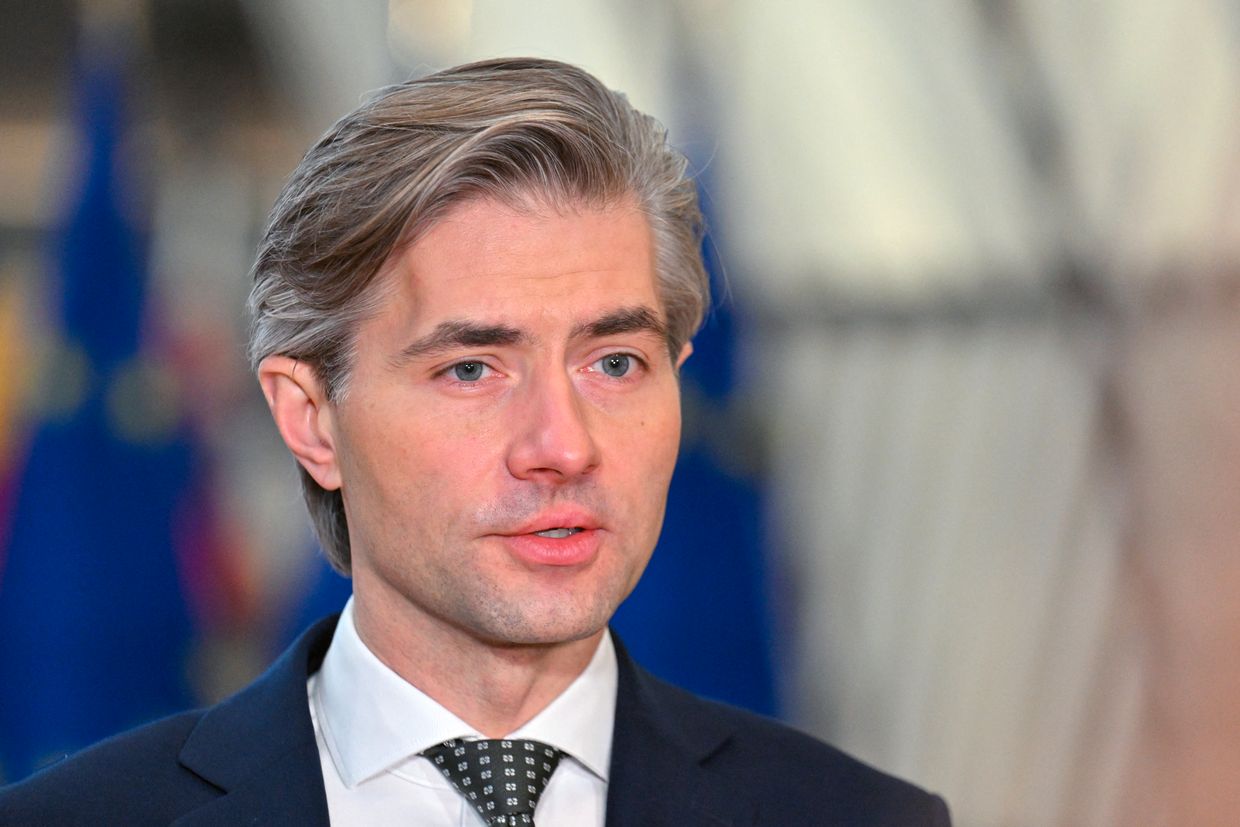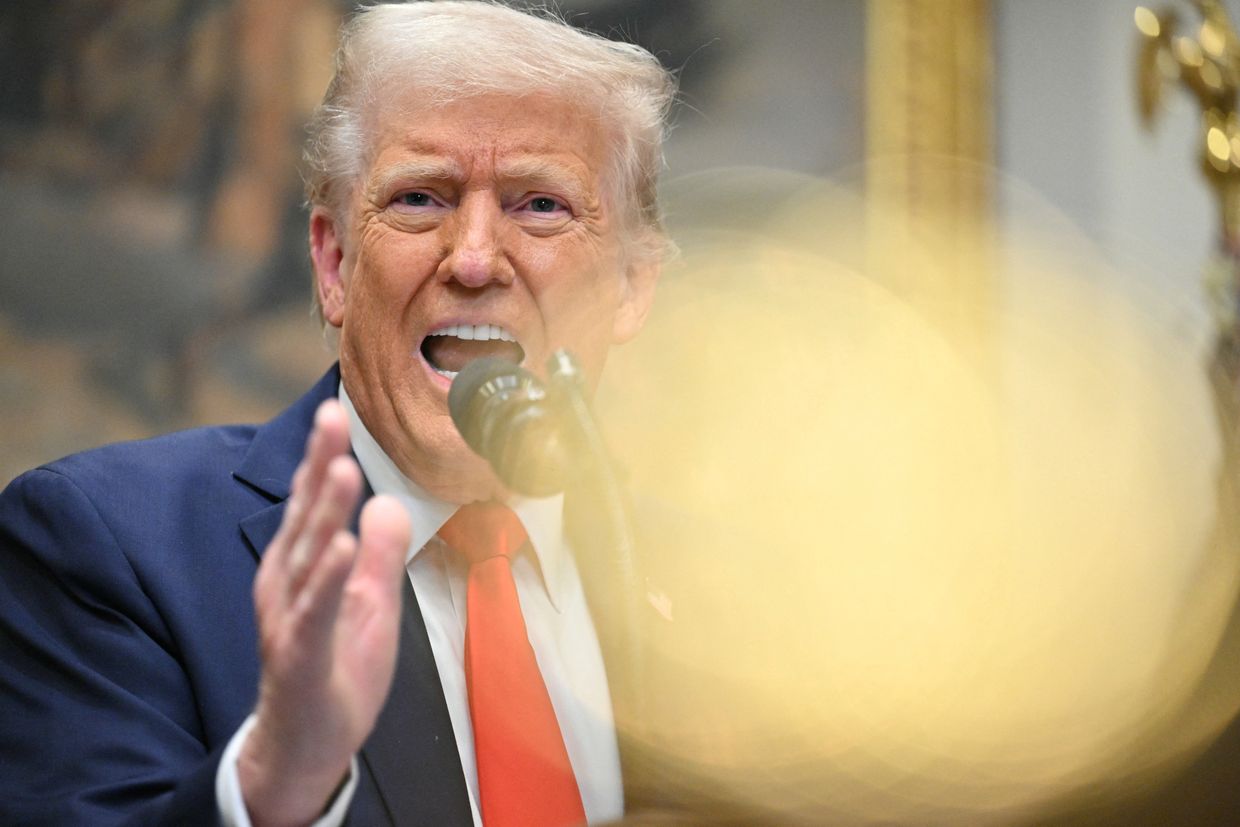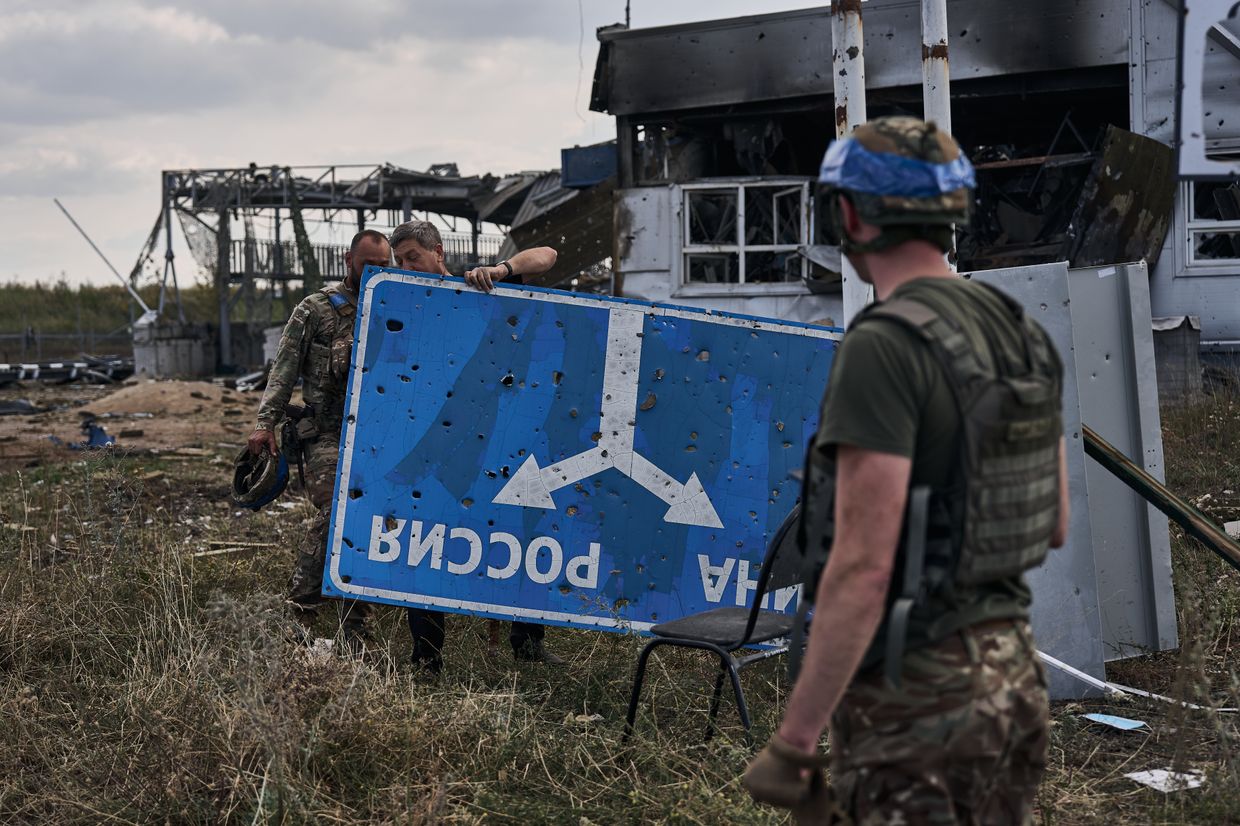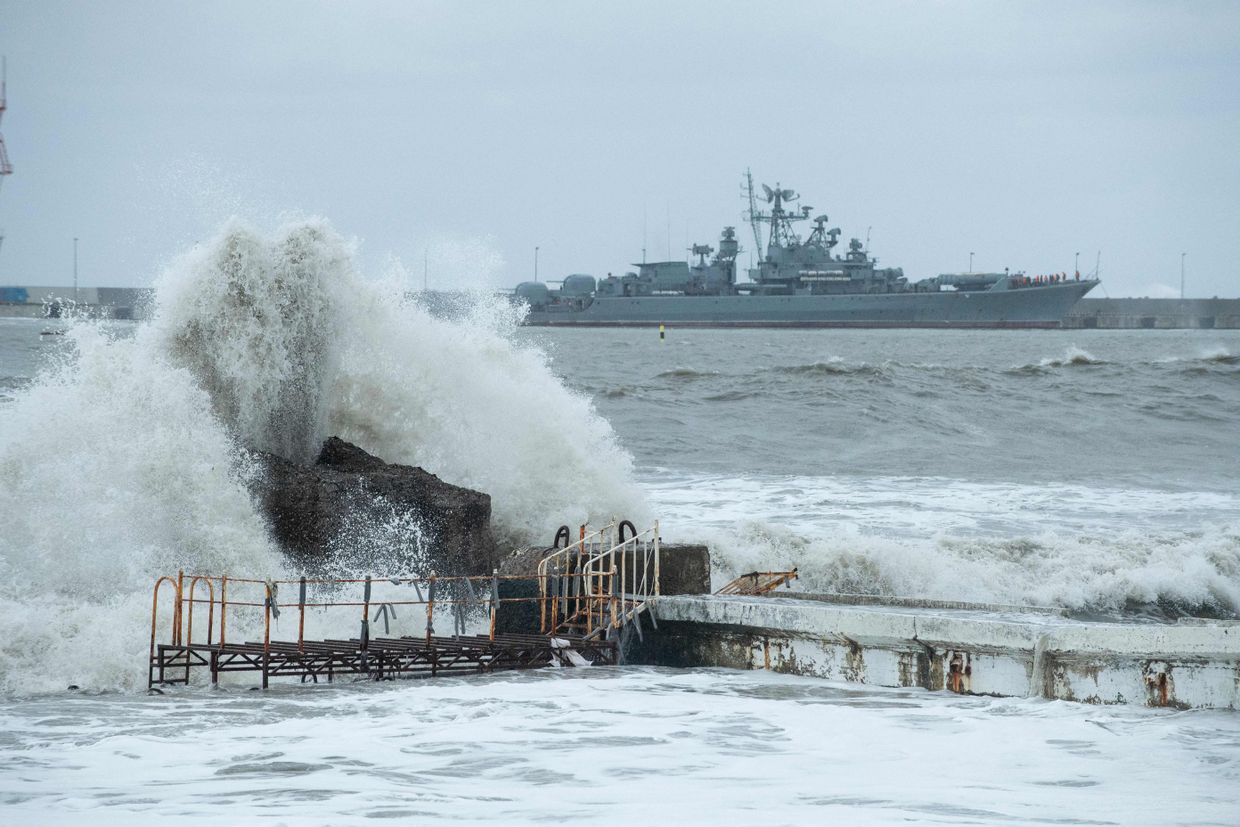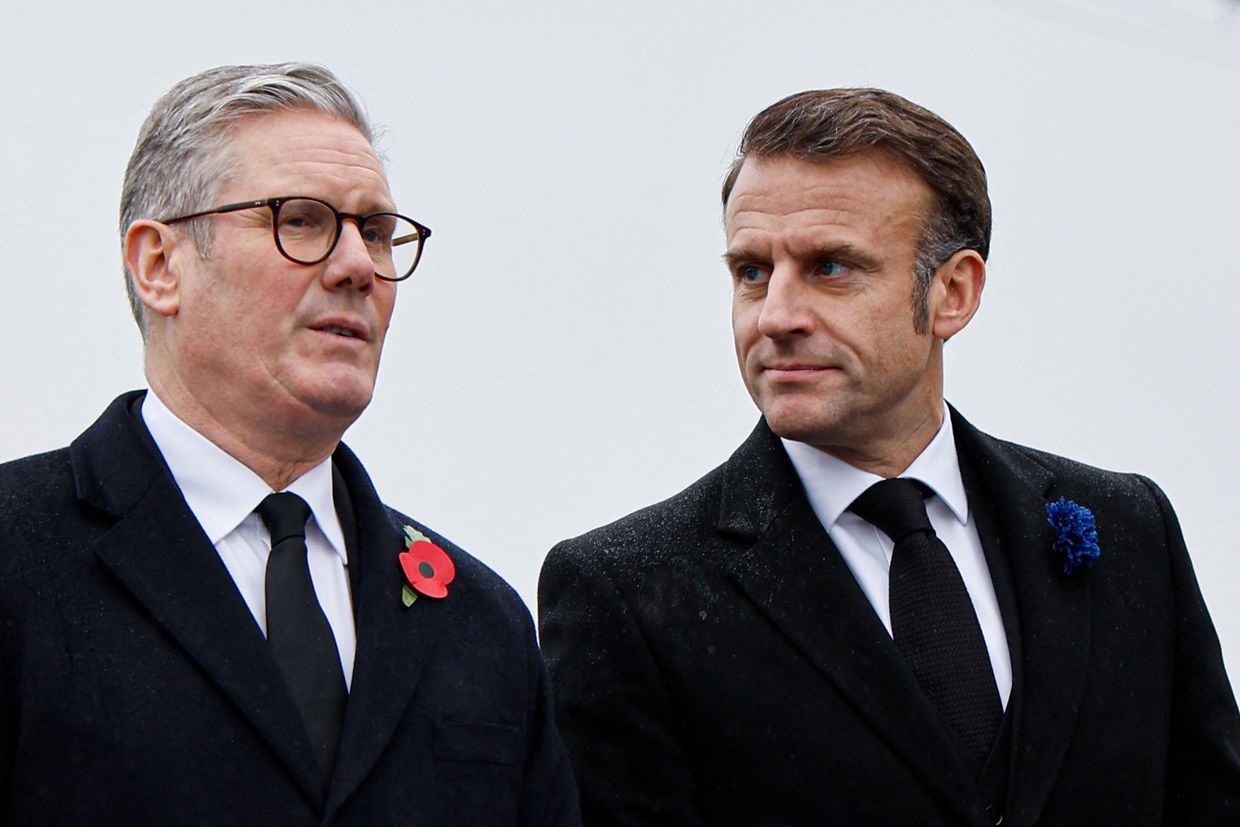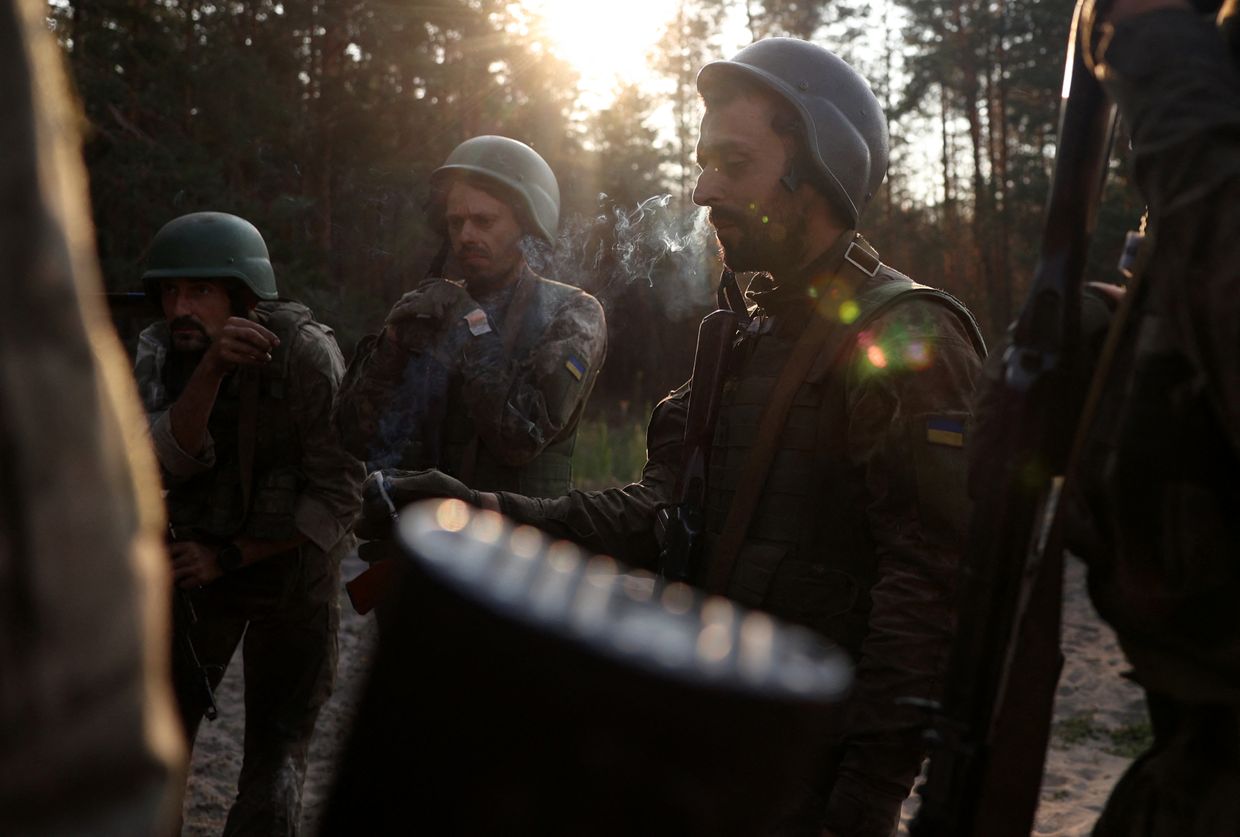Ukraine's allies must impose stricter measures on Russia "sooner than later" to prevent Moscow from dragging out peace talks and escalating its demands, Lithuanian Foreign Minister Kestutis Budrys told The Kyiv Independent on April 1.
"So, in purpose to cut this trend, in purpose to stop this scenario, we have to show and introduce the hard measures sooner than later," Budrys said.
His remarks come amid U.S. President Donald Trump's effort to broker a peace deal between Kyiv and Moscow.
Despite Trump's mediation, Moscow rejected a full 30-day ceasefire agreed upon between Ukraine and the U.S. in Jeddah on March 11, demanding concessions that would weaken Kyiv's defenses, including halting foreign military aid.
Although Washington managed to secure a partial ceasefire, Russia went on to strike energy infrastructure in Kherson on March 27, contradicting its own claims that it would refrain from such attacks.
Budrys stressed that Western powers must apply direct pressure to force Moscow to negotiate in good faith. "We haven't seen in history that Russia, without exact pressure, would agree on anything," he said.
While Trump has floated the idea of additional sanctions and tariffs on Russian oil, he has yet to take concrete action. Budrys called for setting deadlines to prevent Russia from prolonging negotiations and insisted that the West's commitment to Ukraine must remain firm.
"Now we are pressed in time, and we are pressed in the demand, and it is needed more from Europe to do now. Because we cannot rely, as the U.S. administration is showing us, so much on American capabilities," Budrys added.
While the U.S. refuses to provide security guarantees to Ukraine, several European nations have been preparing plans to send troops to Ukraine as part of a "reassurance force" in case a ceasefire is reached.
France is advocating for a European-led deployment along the Dnipro River, according to an unnamed French official cited by the Associated Press. Other proposals include stationing forces in western Ukraine or a neighboring country.
French President Emmanuel Macron has pushed for the mission even without U.S. involvement, while U.K. Prime Minister Keir Starmer has urged European allies to secure U.S. backing before moving forward.



